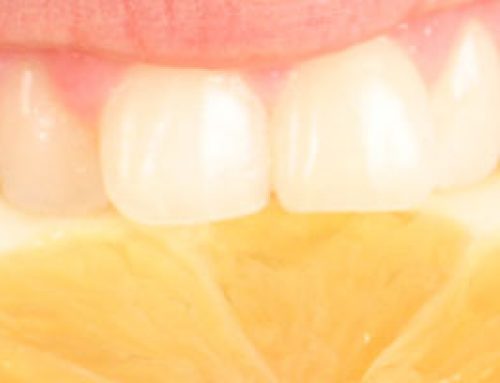Patients with dental imperfections may not feel confident when smiling and talking. Discolored teeth, gaps between teeth, and misshaped teeth, among other dental flaws, can detract from your self-confidence. Fortunately, there are many effective treatments available today to improve the function and aesthetics of your smile. One such treatment is dental bonding.
What Is Dental Bonding?
Dental bonding is a procedure in which a tooth-colored resin material is used to conceal dental imperfections. During the dental bonding procedure, an etching solution is applied to the surfaces of the tooth. This solution provides a rough surface for the resin to bond to. After the tooth-colored resin is applied to the surfaces of the teeth, a high-intensity light is used to cure the resin material. After this process is complete, the bonded material is sculpted to fit the tooth and polished to match the sheen of the surrounding teeth.
Dental Bonding Uses
A popular, versatile, and relatively inexpensive treatment used to improve and enhance the smiles of patients at our Houston cosmetic dentistry practice is dental bonding. Dental bonding offers patients a way to effectively improve and rejuvenate their smiles, without undergoing a more complex and time-consuming procedure. Dental bonding may be used to address many cosmetic dental issues and to improve the appearance of dental flaws, including:
- To repair cracked or chipped teeth
- To change the shape of teeth
- To improve the appearance of discolored teeth
- To close spaces between teeth
- As a cosmetic alternative to amalgam fillings
- To make teeth look longer
- To protect the tooth’s root when gums have receded
Advantages of Dental Bonding
Though dental bonding is a customized treatment, it does not require the use of a laboratory. Because of this, dental bonding can be completed within one dental visit. The entire dental bonding process, which includes application, curing, and molding, takes only 30 to 60 minutes to complete per treated tooth. For the majority of our patients undergoing dental bonding, anesthesia is not required unless it is being used to fill a cavity.
Alternatives to Dental Bonding
Porcelain veneers are thin, custom-made porcelain shells bonded to the front surfaces of the teeth to change the size, shape, color, and length. At our cosmetic dentistry practice in Houston, porcelain veneers are used to improve and enhance the smiles of our patients. Aesthetically pleasing and natural-looking, porcelain veneers provide inconspicuous results while effectively improving the appearance of chipped teeth, crooked teeth, misshapen teeth, and discolored teeth and closing gaps between the teeth. Porcelain veneers are an excellent alternative to dental bonding.
Dental crowns may be a more suitable treatment for teeth that have severe damage or decay. A dental crown is a custom-made, tooth-colored “cap” that is placed over a tooth to restore its function, strength, size, and shape. Dental crowns may be used to restore broken teeth, to restore worn teeth, and to protect decayed teeth from further damage.
Schedule an Appointment Today
To learn more about dental bonding, porcelain veneers, or any of our other cosmetic and restorative treatments, please contact Dr. Charles E. Sutherland today.






